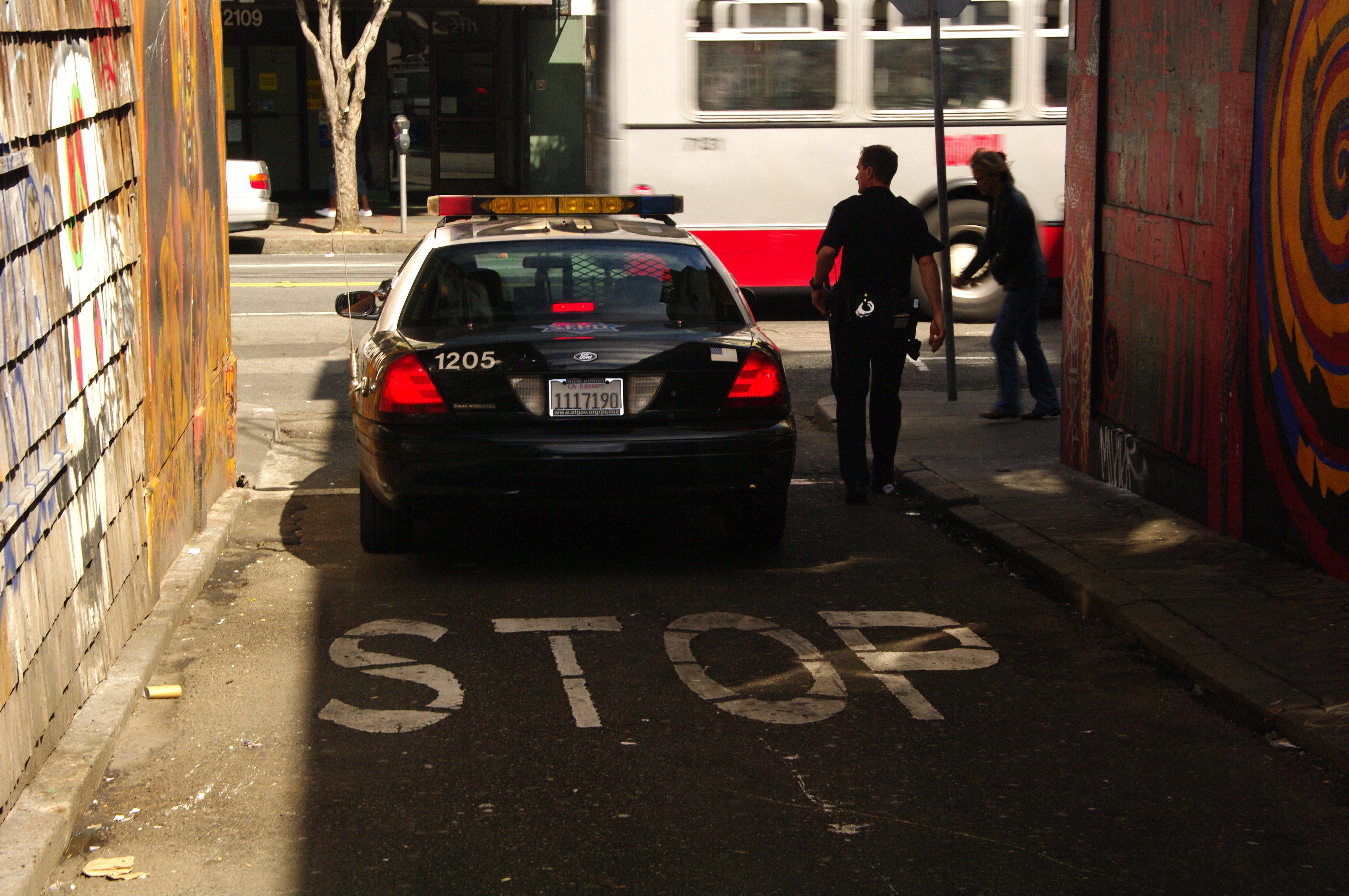Chris Magnus, Tucson's chief of police, has joined dozens of current and former prosecutors and law enforcement officials in the fight against moves by the federal government to entangle them in cracking down on illegal immigrants.
The police chief argues there are many rational reasons to do so, and that collaborating closely with federal authorities will lead to less public safety.
This issue, said Magnus, is about looking after his constituents, because he believes the police department works for the community and must reflect how best to serve the residents.
Those residents are 41 percent Hispanic, including 36 percent Mexican-American.
"We are a very diverse city," Magnus told the Arizona Business Daily. "To create the safest possible city there has to be a climate that people will feel willing and comfortable to report crimes as victims, or come forward as witnesses."
People do no engage if they fear that contact may lead to deportation and otherwise separation from their families.
"The net effect is the police become disengaged from a significant segment of the community," Magnus argued.
Thirty-three prosecutors and law enforcement officials have signed on to an amicus brief, or friend of the court, supporting a federal lawsuit filed by the City of Los Angeles.
The suit challenges the Department of Justice's decision to show preferential treatment in awarding law enforcement grants to those cities that commit to partnering on immigration
Cities have been told they will given extra points, and therefore easier access to grants, if they hold undocumented immigrants for at least 48 hours to allow federal agents access to them. This includes those picked up for minor offenses, including driving violations.
The amicus brief was organized by Georgetown Law’s Institute for Constitutional Advocacy and Protection (ICAP). and Fair and Just Prosecution, a national network of newly elected prosecutors committed to changing approaches criminal justice..
Magnus has already noted reluctance among some in the immigrant communities to interact with law enforcement despite his department's public stance on this issue.
They are hearing the rhetoric at a national level and they often do not differentiate between different law enforcement agencies; therefore, all are tainted with suspicion, Magnus explained.
He highlighted the fact that ICE agents around the country are wearing jackets emblazoned with the word "police" on them, the only federal agency to do so.
They are also seeing federal agents going into schools, workplaces and courts, Magnus said.
He added "All these undermine the work of police and the community is not safer."
Magnus further pointed out that the city works closely with federal authorities on a wide range of areas helping to track down criminals in the community, on drug enforcement, gang issues and human trafficking.
He also said the department complies with all Arizona and federal laws relating to immigration, but will not act as an arm of the federal grovernment on immigration enforcement.
Tucson is not what is generally known as a sanctuary city, with either laws or practice designed to essentially protect people from federal authorites.

